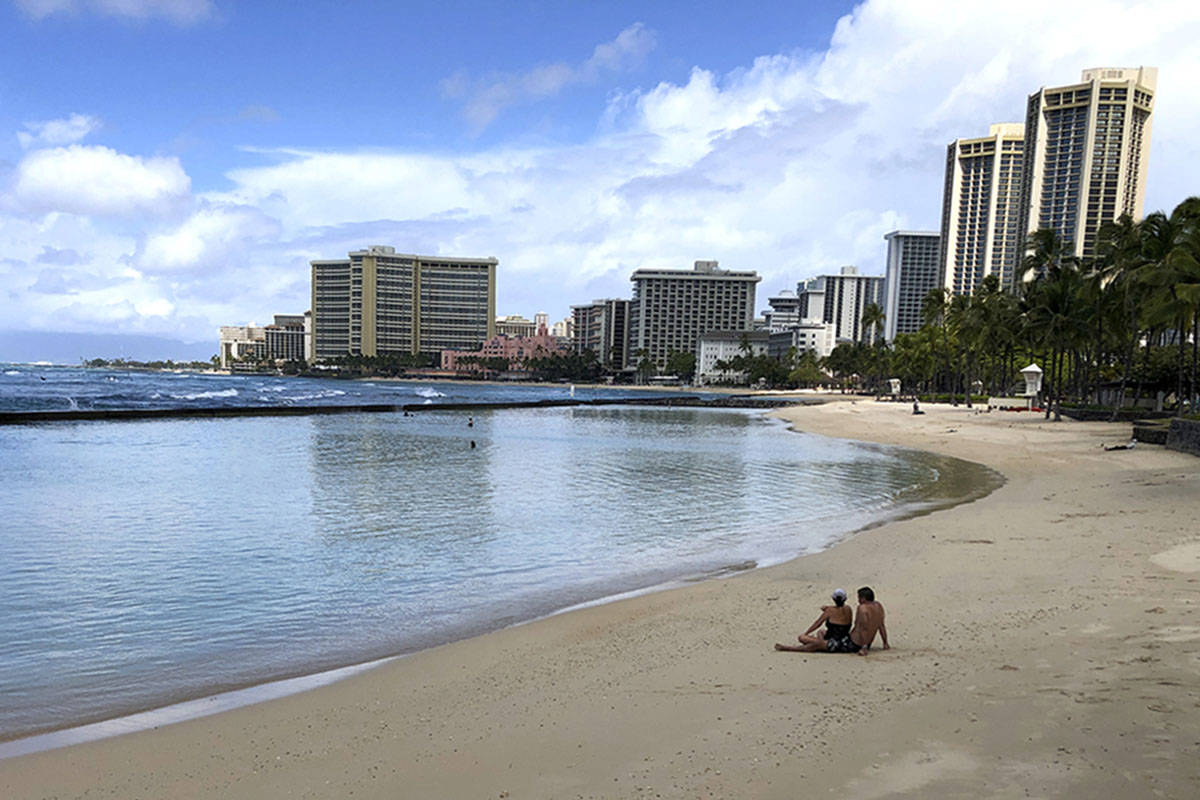Hawaii’s quarantine effort questioned as more visitors arrive
KAILUA-KONA, Hawaii — Hawaii residents have voiced concerns about the effectiveness of a temporary quarantine for travelers to slow the coronavirus as the number of visitors to the state increases.
The 14-day quarantine imposed by Democratic Gov. David Ige in March initially reduced the number of travelers to the state, but became less effective as the pandemic’s growth continued through the summer, West Hawaii Today reported Tuesday.
The number of passengers to the islands dropped by nearly 99% in April compared to 2019.
More than 40,000 passengers have arrived from the continental U.S. so far in July, a reduction of 93% from a year ago but still more than 100 travelers per day landing on Hawaii island.
A dozen state law enforcement agents have made daily, face-to-face visits since June 10, amounting to more than 350 personal quarantine checks, Paul Jones of the Department of the Attorney General Investigations Division said.
The division’s visits involved only a portion of the more than 66,000 travelers to Hawaii from the continental U.S. during that time, and only included checks on Oahu.
While the state conducts personal visits on Oahu, enforcement falls to the Hawaii Police Department on the Big Island.
Hawaii police as of July 18 made 99 of the state’s 182 recorded quarantine violator arrests since the quarantine was implemented.
The increased number of visitors continues to stretch the capabilities of the small team working to monitor Big Island visitors in quarantine.
Joy Johnson, a Kona resident who traveled to the mainland for the birth of a grandchild, received two text messages monitoring her quarantine after she returned.
“Nothing else,” Johnson said. “I am shocked. It’s no wonder that visitors are coming.”
For most people, the coronavirus causes mild or moderate symptoms, such as fever and cough that clear up in two to three weeks. But for some — especially older adults and people with existing health problems — it can cause more severe illness, including pneumonia and death.





































